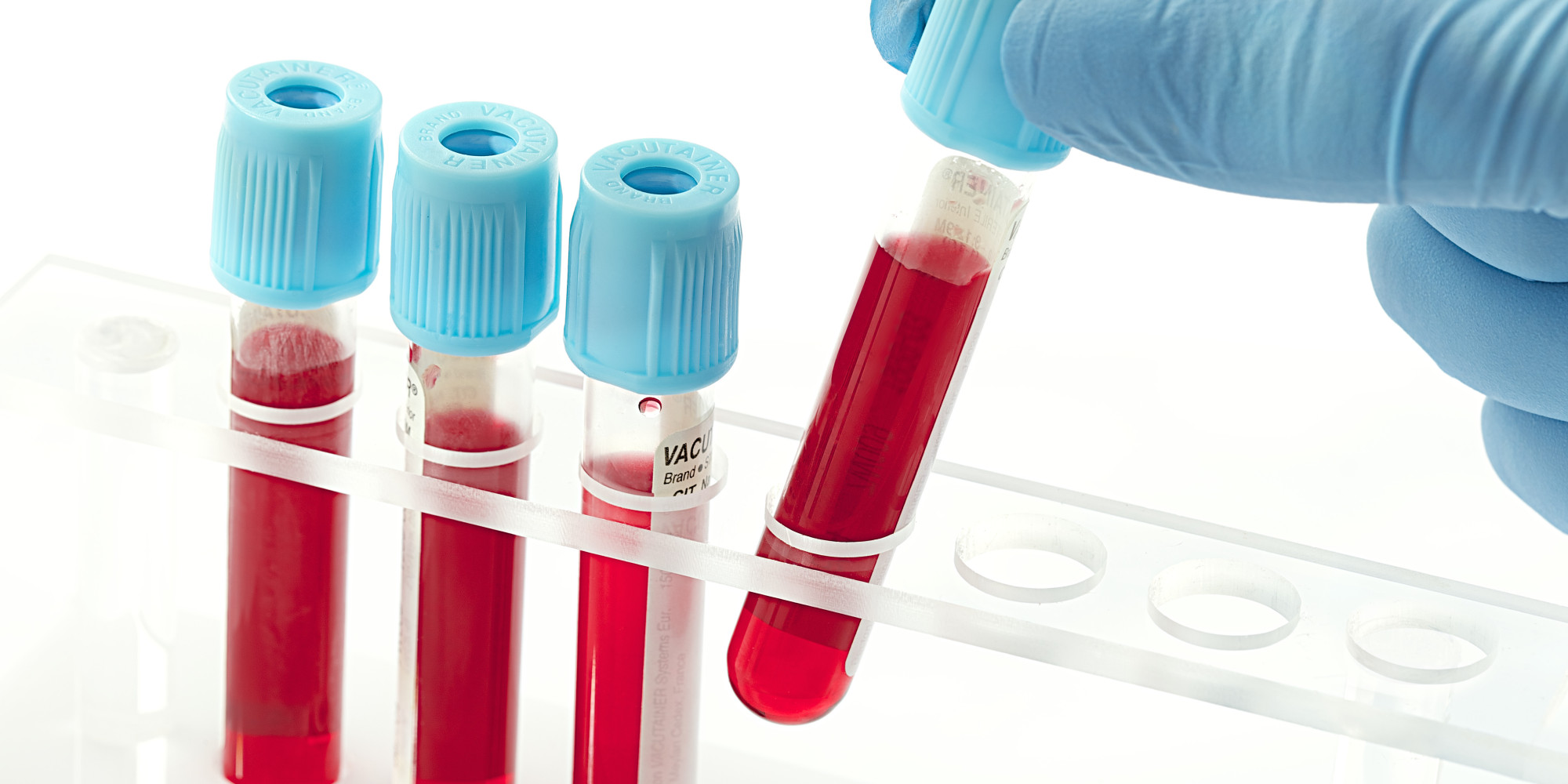Diagnosis of Parkinson’s disease
Good day Martians. Here’s a piece of good news for you. The
Northern Lights have travelled to space and we are expecting an exciting performance
by them in the night sky of Mars. Do catch their performance “The Dazzling
Lights” tonight, at 9pm. This piece of news is brought to you by the Mars’
biochemistry channel 101.
Back to the hot topic on Parkinson’s disease, the Martians
researchers have come up with ways to diagnose Parkinson’s disease.
A family physician helps in the diagnosis of Parkinson’s disease. Patients can also receive help from disorder specialist such as neurologist to assess and treat patients with Parkinson’s disease as neurologist are more experienced and are well trained.
The physician diagnose Parkinson's disease based on patient's medical history, sign and symptoms re-evaluation as well as the examination of patient’s neurological and physical state.
A family physician helps in the diagnosis of Parkinson’s disease. Patients can also receive help from disorder specialist such as neurologist to assess and treat patients with Parkinson’s disease as neurologist are more experienced and are well trained.
The physician diagnose Parkinson's disease based on patient's medical history, sign and symptoms re-evaluation as well as the examination of patient’s neurological and physical state.
·
Physician looks
to see if there are animated expressions.
·
Tremor of arms observed,
which is present either at rest or extended
·
Is there stiffness
in limbs or neck?
·
Ability to rise
from a chair easily
·
Ability to regain
balance
A Parkinson’s disease medication called the Carbidopa-levodopa
may be prescribed by doctor. The conformation of diagnosis of Parkinson’s
disease is based on the improvement after given the medication. Enough doses
must be consumed to show the benefit as low doses may not be reliable. Drug
should be consume on an empty stomach or at least an hour before meal. Follow up
appointments with physician for the evaluation of conditions and symptoms may
be recommended to patients by doctors as the diagnosis of Parkinson’s disease
takes time.
Other additional testing are in cooperated to eliminate
other disease which mimic Parkinson’s disease, such as stroke or hydrocephalus.
Even an experienced neurologist may find it hard to confirm very mild cases of
Parkinson’s disease as there are many other neurological problems which are
similar to the symptoms of Parkinson’s disease.
Standard diagnostic tests are unavailable for diagnosis of Parkinson's disease.

The Martian researchers are still working to develop an accurate “biological marker”, such as blood testing. Up to now, specialized brain scanning methods are the best objective for the testing of Parkinson’s disease. Such technique can measure the dopamine system and brain metabolism.
Be sure to
catch the Northern lights performance. Have a good week end ahead fellow
Martians!










